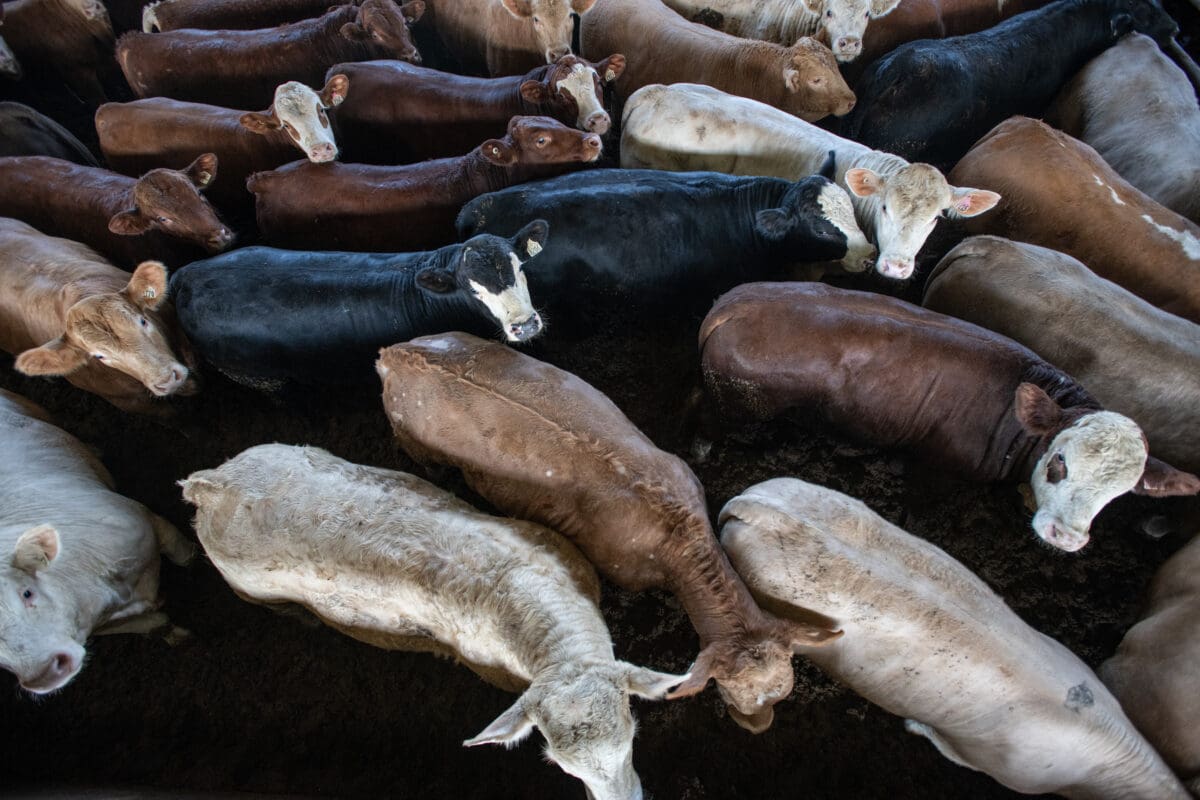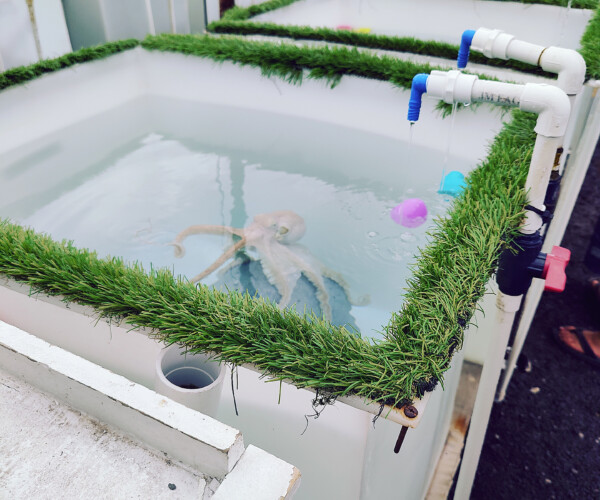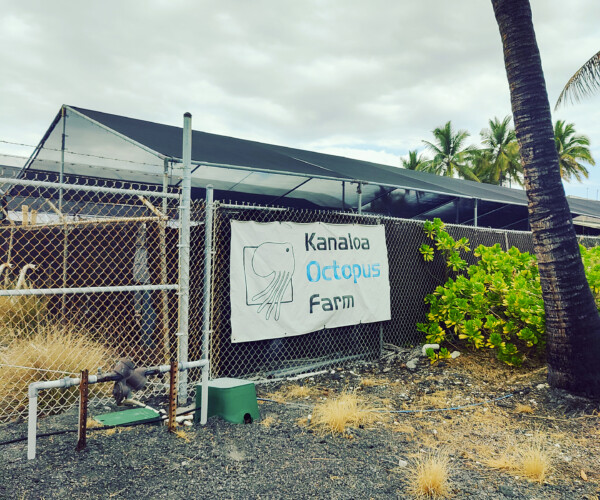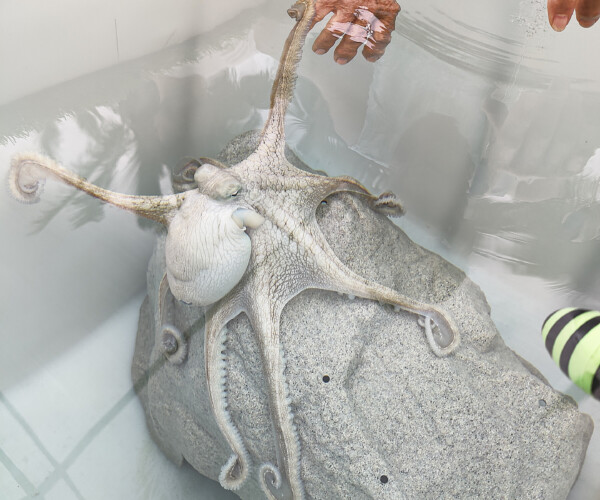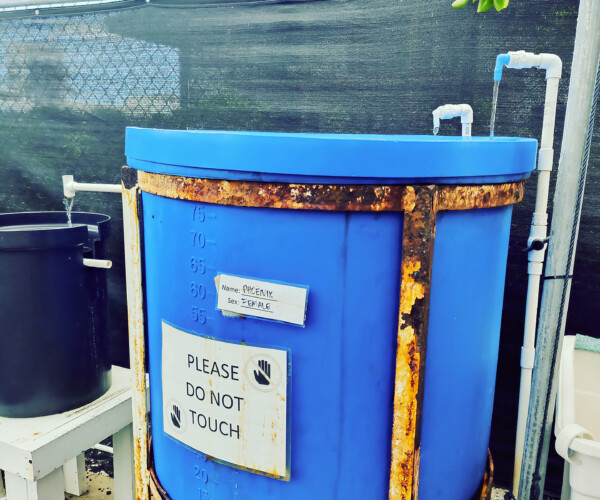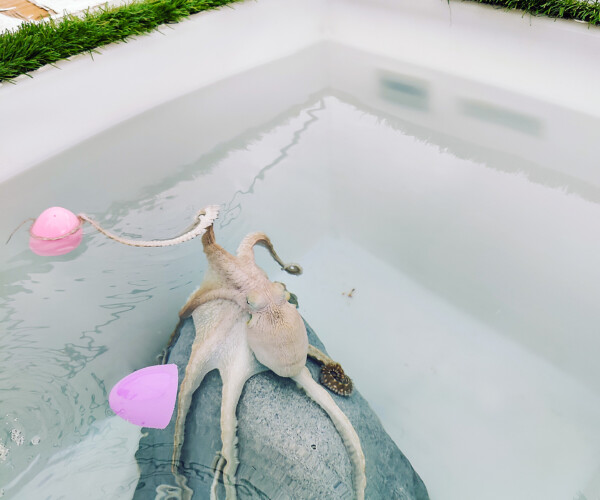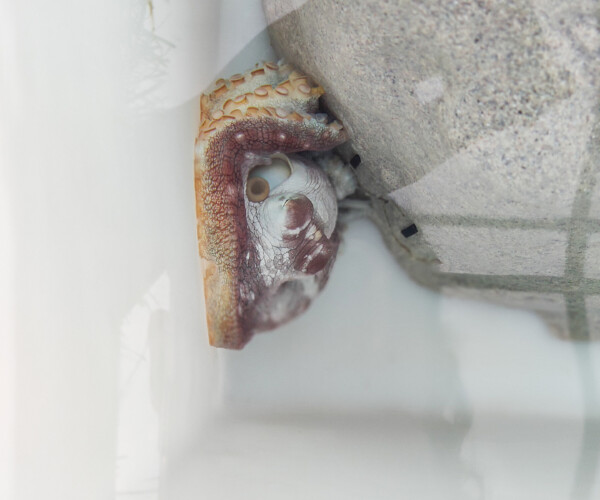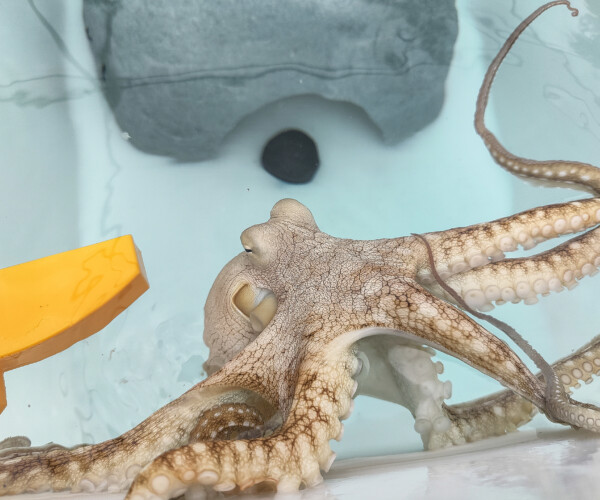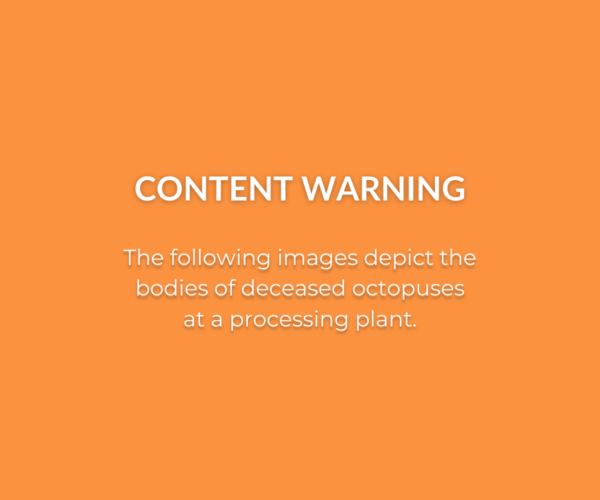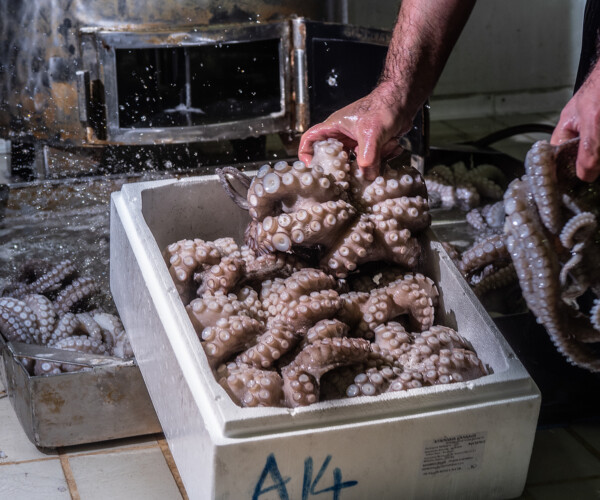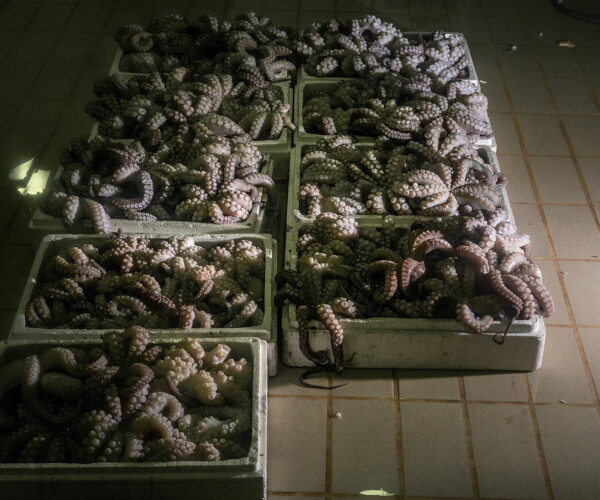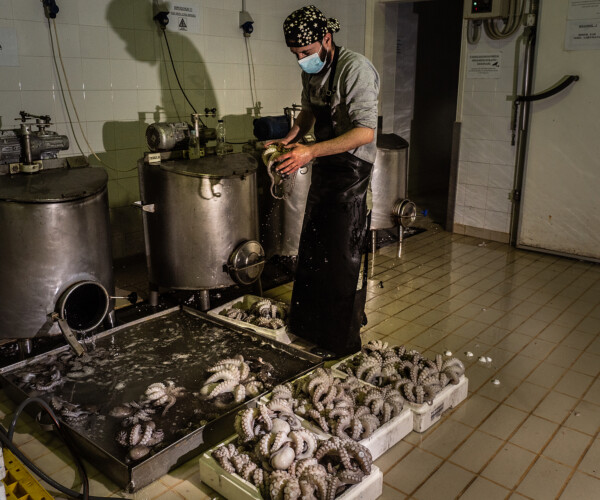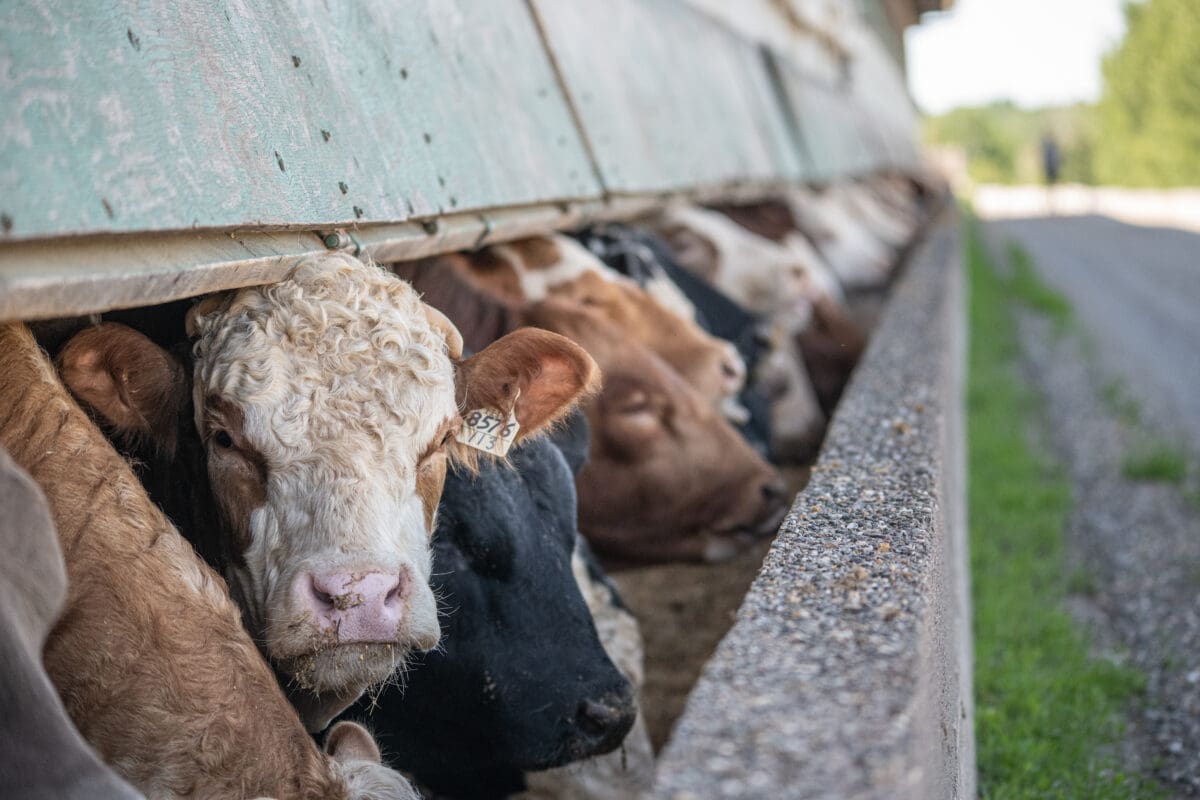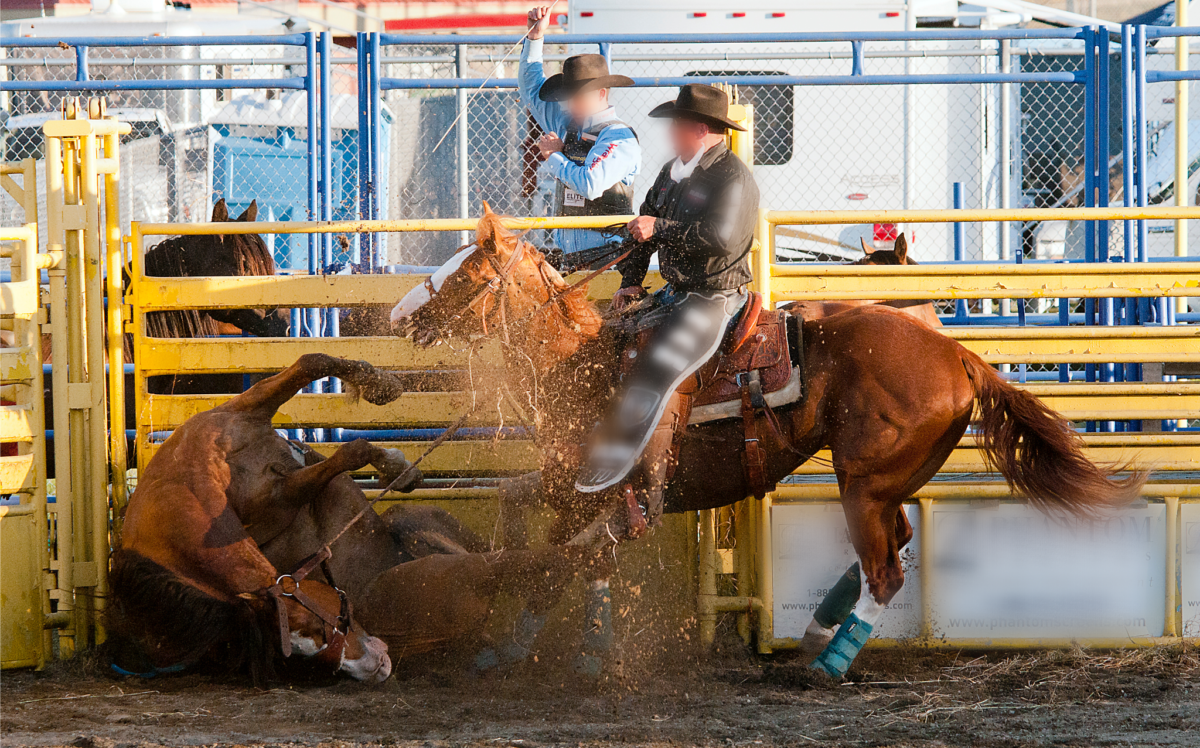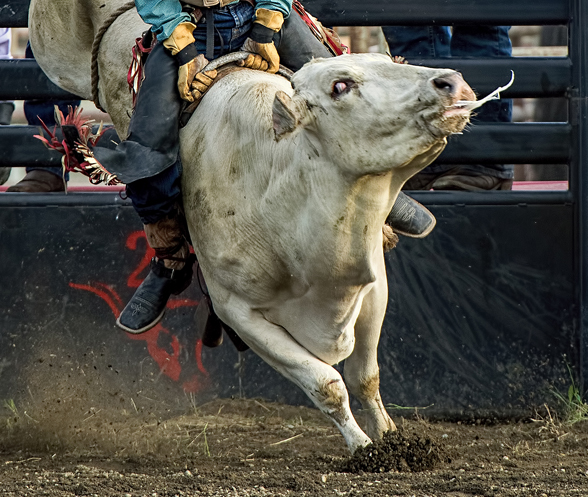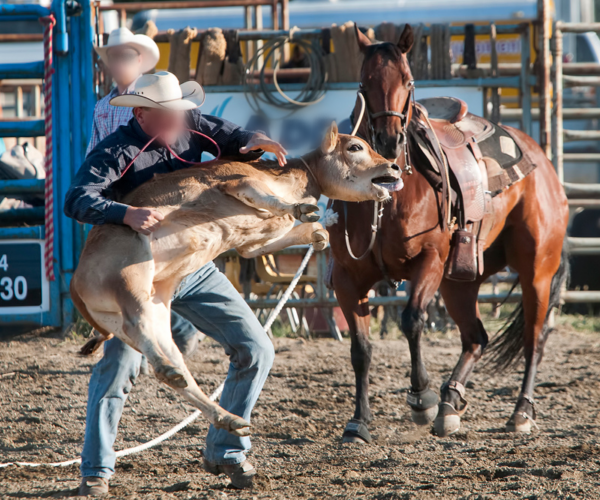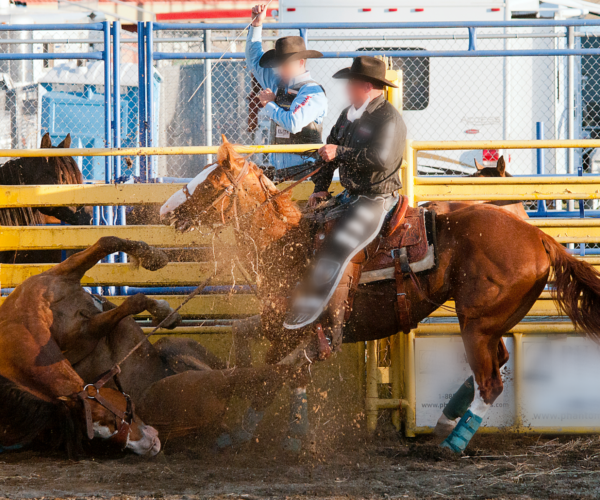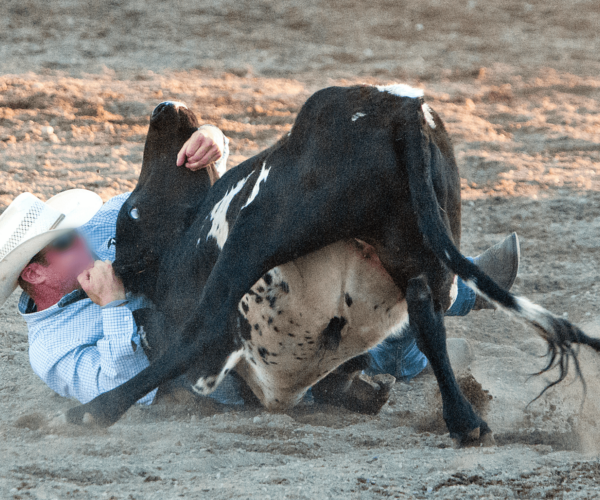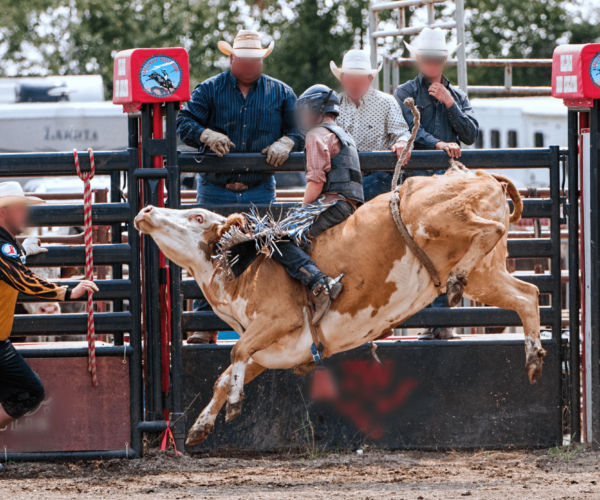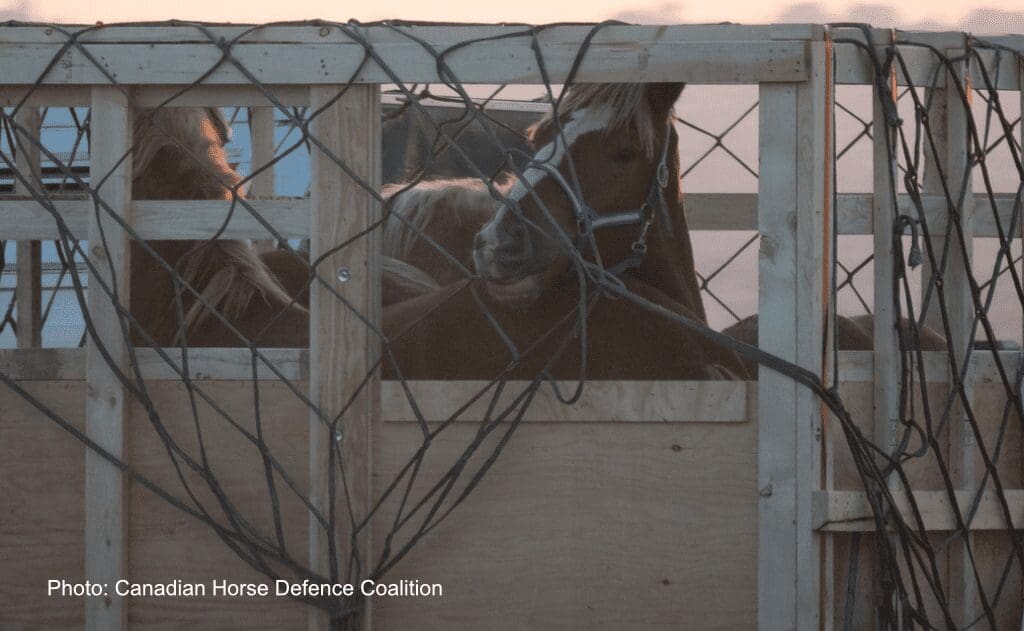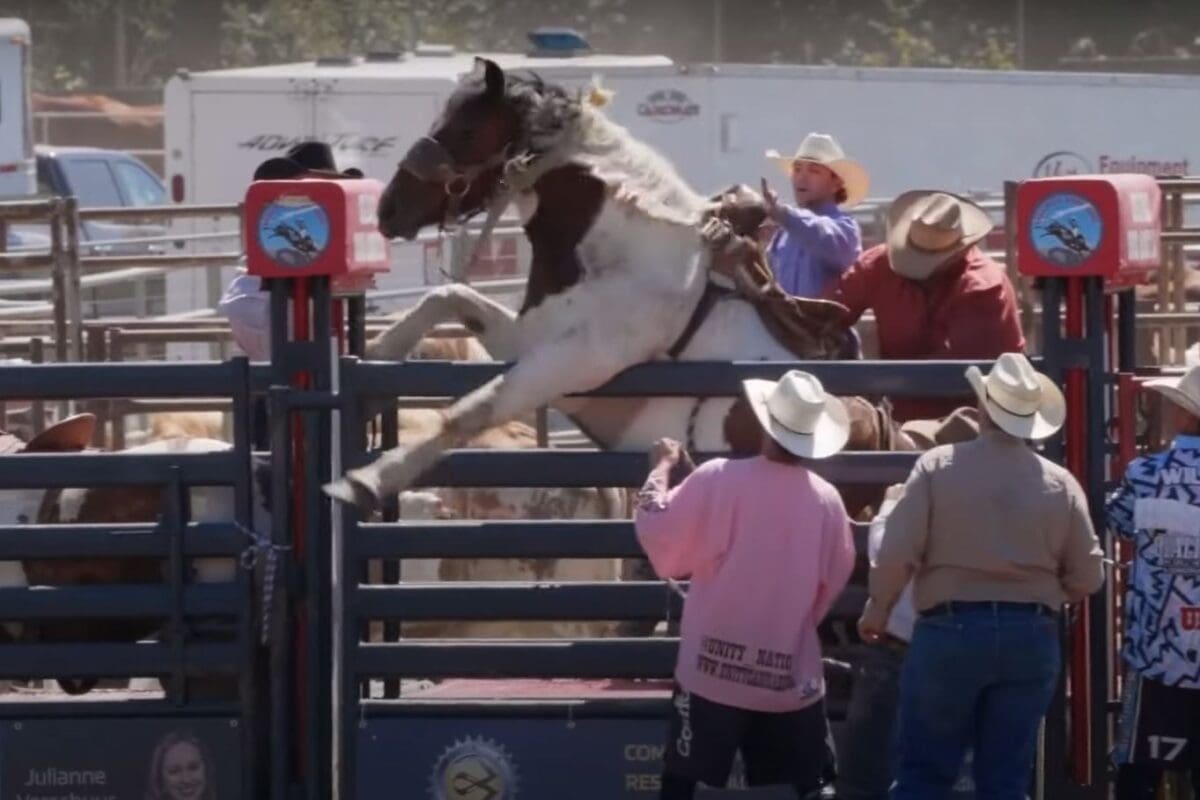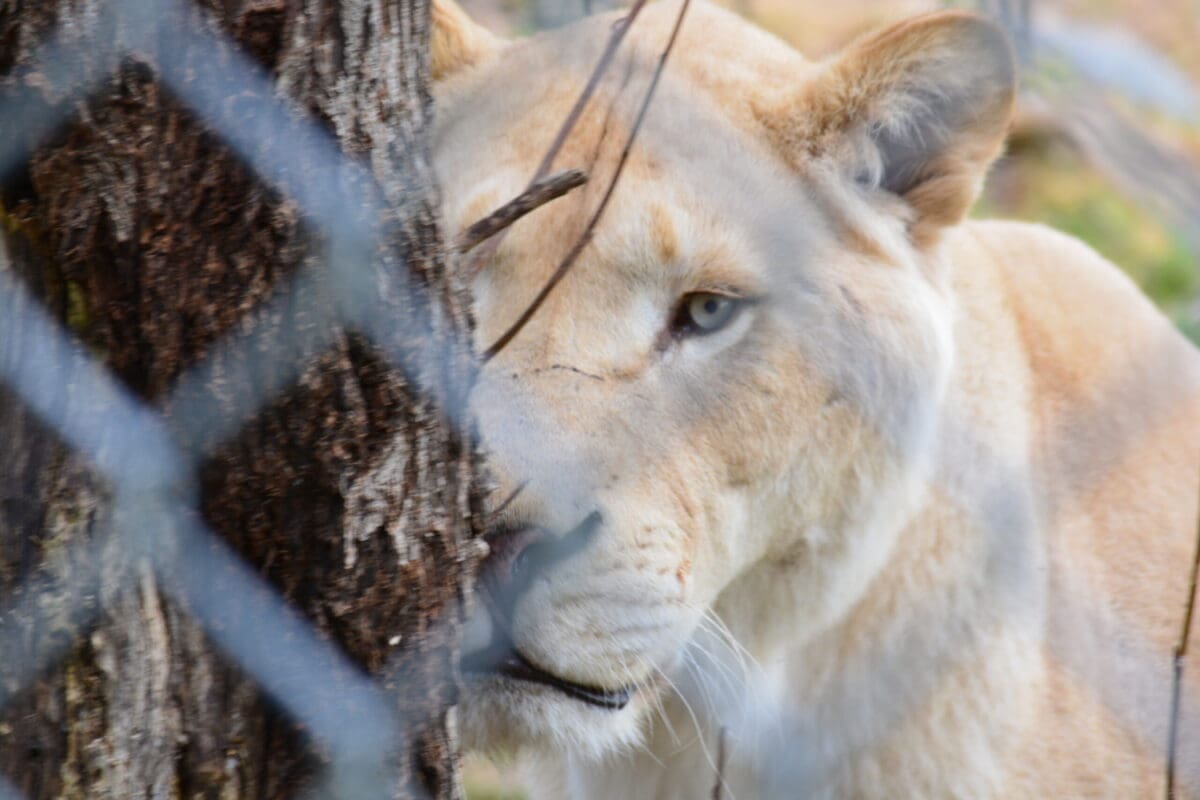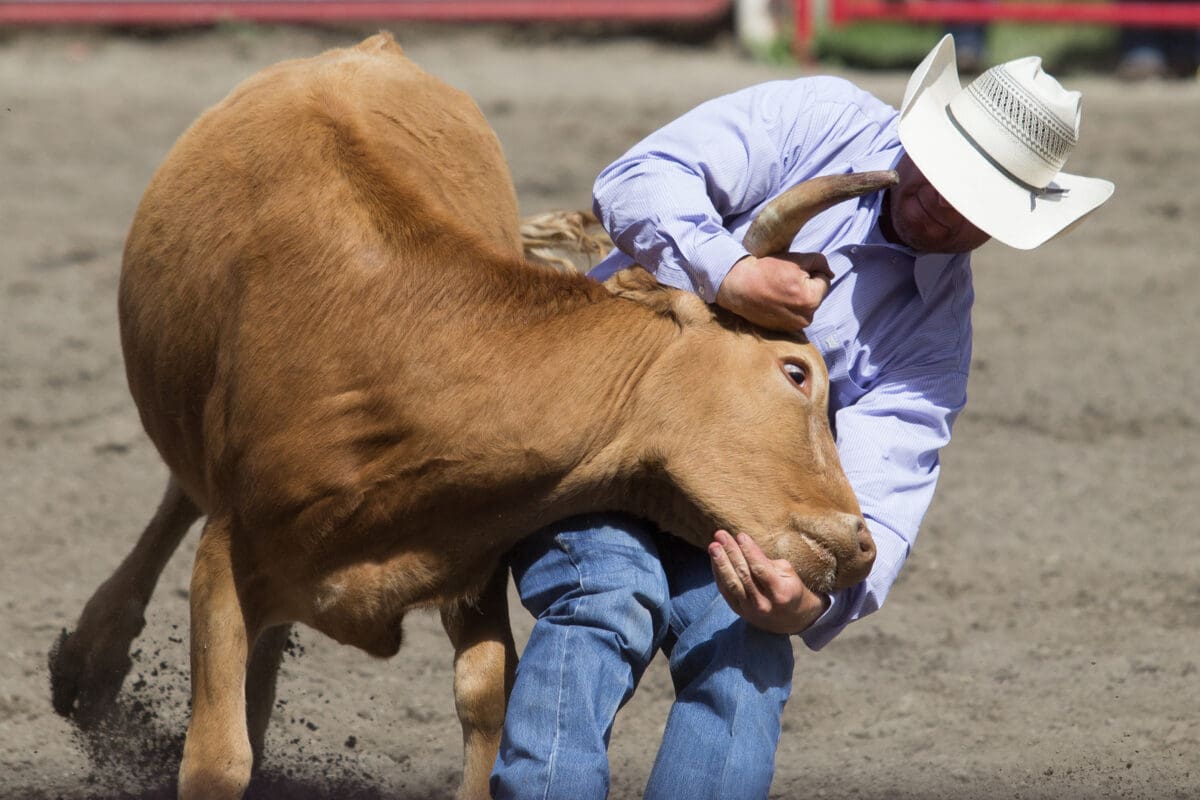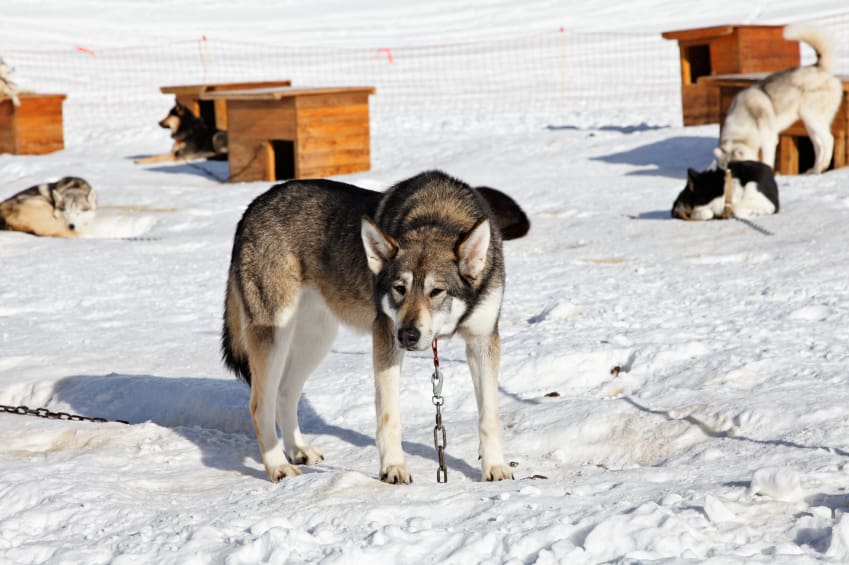UPDATE – October 22, 2024: Day of action for horses
Bill C-355, which aims to ban the inhumane export of live horses for slaughter overseas, passed at the House of Commons. However, the bill has been stalled in the Senate since May. Advocates and organizations across the country are calling on Canadian Senators to stop the deadly delay and pass Bill C-355. Learn more by reading the opinion piece from the VHS and Animal Justice and take action by contacting Senators directly.
UPDATE – September 19, 2023: Private member’s bill introduced
Private member’s bill C-355 was introduced in the House of Commons by Liberal MP Tim Louis, aiming to ban the controversial practice of exporting live horses from Canada for slaughter abroad. This bill, along with the Senate bill introduced in June, presents a crucial opportunity for the federal government to follow through on their promise to ban live horse export for slaughter once and for all. Send the new email urging decision-makers to support this urgent change and save thousands of horses’ lives!
UPDATE – June 21, 2023: Senate bill introduced!
Singer-songwriter and animal advocate Jann Arden and Senator Pierre Dalphond have announced the introduction of the Horse Protection Act, a Senate bill which proposes to ban the export of live horses for slaughter. MP Tim Louis also plans to introduce a private Member’s bill in the House of Commons this fall to ban the practice. Thank you to everyone who advocated for an end to cruel live horse exports, including more than 36,000 Canadians who signed the federal petition!
Update – March 29, 2023: Federal Minister of Agriculture responds to e-petition
The federal Minister of Agriculture, Marie-Claude Bibeau, responded to the petition that calls for a ban on the live export of horses for slaughter. The Minister’s statement notes that they “remain committed to ban the export of live horses for slaughter, as communicated in the Minister’s mandate letter” and that the government is engaging in stakeholder consultation and “exploring the legal and policy framework for a ban on live horse exports for slaughter.”
The VHS and other animal protection organizations continue to advocate for a ban to be implemented as soon as possible. Each month that action is delayed, hundreds of horses continue to suffer through long, stressful overseas journeys without food, water, or rest.
Update – February 17, 2023: Letter from animal protection organizations highlights egregious suffering
A letter signed by nine animal protection organizations across Canada highlights the egregious suffering of horses sent on overseas journeys and urges the federal Minister of Agriculture to quickly end the cruel live horse export industry. Read an excerpt from the letter below:
Since the 2021 election, more than 2,000 horses have been exported from Canada to Japan for slaughter. Some of these horses were shipped out of Winnipeg on December 12, 2022. Because of flight delays, the horses were in transport without food, water, and rest for well over 28 hours. By the time they left Winnipeg at 9:18am that day, they had already been in transit without food, water, and rest for approximately 16.5 hours and there was no way that the 28 hour limit would be met if they continued on to Japan. Yet those involved proceeded with the shipment. Further delays in Seattle resulted in an even longer journey. So arduous were the conditions that at least three horses collapsed during the trip.
Read the full letter from Animal Justice Canada, the Winnipeg Humane Society, the Canadian Horse Defence Coalition, Manitoba Animal Save, the Vancouver Humane Society, Animal Save Movement, Humane Canada, World Animal Protection, and the BC SPCA.
Update – February 13, 2023: Federal e-petition has been presented in the House of Commons
A federal parliamentary e-petition, led by Jann Arden and sponsored by MP Alistair MacGregor, calls on the Minister of Agriculture to follow through on the federal government’s promise to end live horse export for slaughter.
Petition e-4190 to help protect horses from suffering through long, stressful journeys to slaughter closed February 7, 2023. The petition has been presented to the House of Commons and is awaiting response. Please stay tuned for updates.

